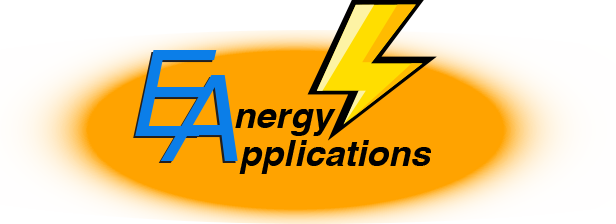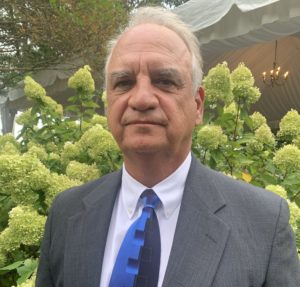Part I
Motors and Motor Control Systems
Course Description
This course will review basic motor theory and operation of all types of AC and DC motors. We will review the electrical characteristics and connections of motors. We will review principles of single phase AC motors and three phase AC motors. The operation of the types of AC motors, starting and running. We will review DC motors series, shunt and brushless motors. The course will cover NEMA design types, motor enclosures, frame, insulation types, and lock rotor codes.
Course Material on CD
Presentation in Power Point
Course Outline
- Introduction
- Electrical Characteristics and Connections
- Voltage
- Phase
- Current
- Electric Motor History and Principles
- Motor theory
- Parts
- Frequency
- Horsepower
- Speeds
- Design Characteristics
- Torque
- Insulation Types
- Frame
- Type of starting on motors
- Phase Monitors
- Major Motor Types
- AC Single Phase
- AC Polyphase
- Direct Current (DC)
Course Objectives
This course should help qualified individual understand AC and DC motor theory. The course will provide the knowledge of the operation and characteristics of motors and motor controls. Understanding the types of motor design, insulation class, and their application.
Schedule of Courses:
4 Hours
Part II
Motors and Motor Control Systems
Course Description
The course will review motor failure modes and measurements on motors. The course will cover how different motor react to voltage changes such as reduced voltage and increase voltage above name plate. Voltage balance and motor derating will be discussed and how to best derate motors. We will review the NEC application of motors, and motor controllers in Article 430. Understanding the function of control equipment of motor starters, contactors, relays, timing circuits, voltage monitors, phase monitors and setting of these devices.
Course Material on CD
Presentation in Power Point
Course Outline
- Motor Speed
- Motor Failure Modes
- Types of Failures
- Measurements
- Ohms
- Megging
- Motor Efficiency
- Motor Master
- Voltage effects on motors
- Unbalance
- Voltage deviations
- Controls
- Starting components on motors
- Starters
- Contactors
- Types of Starters
- Types of Controls
- Relays
- Timers
- Types of switches
- Flow
- Temp
- Pressure
- Fluid Level
- Phase Monitors
- Effects of voltage unbalance
Course Objectives
The course is design to explain the operations of overloads, motor protection and basic troubleshooting on motors and motor circuits. How to properly set the control equipment for operations on electrical systems and proper motor protection.
Schedule of Courses:
4 Hours


